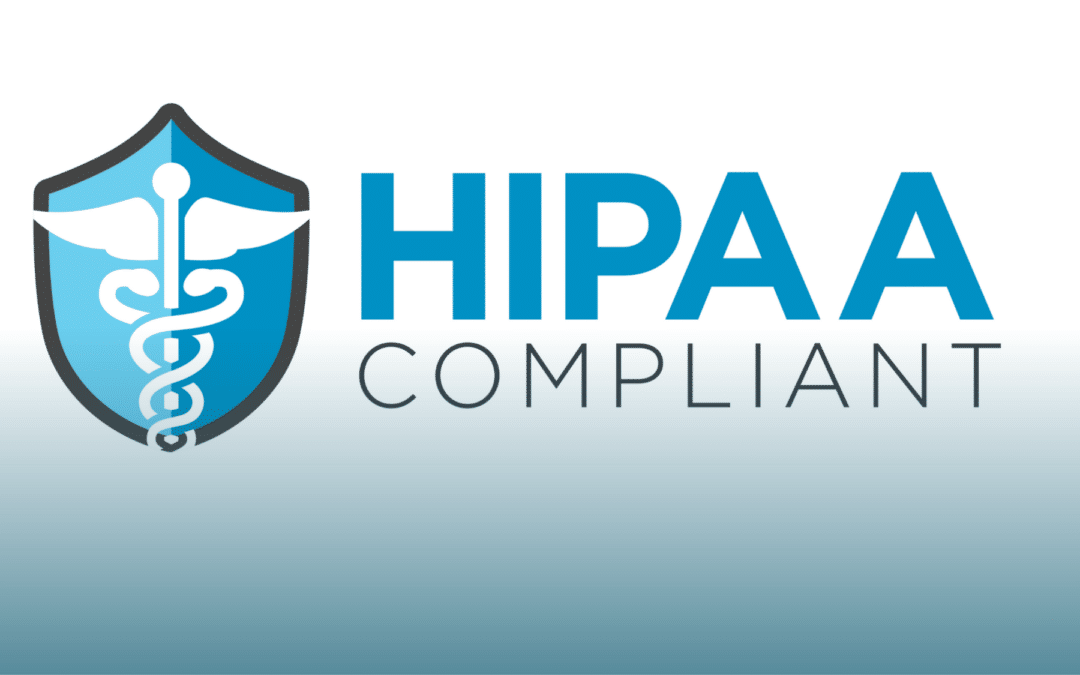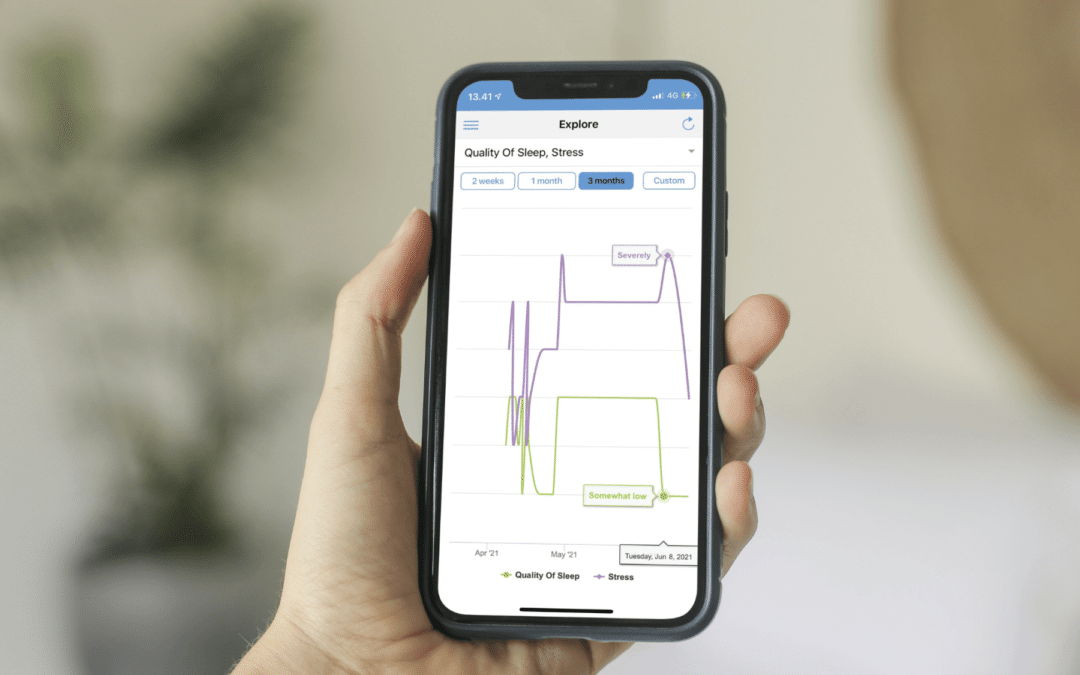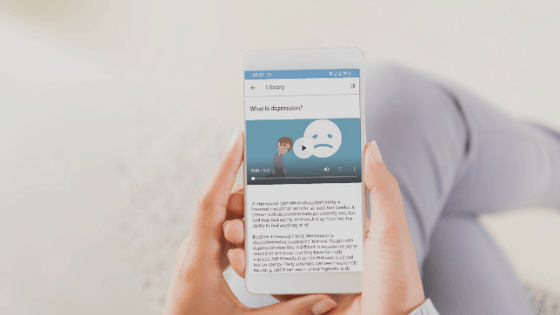MHealth solutions can improve health outcomes in a cost-efficient and scalable way. They assist healthcare professionals with the management and documentation of medical records, help improve productivity and allow access to information.
These tools also help healthcare professionals to communicate findings and reduce error rates, not to mention the reduction of overall healthcare costs. Mobile solutions can also facilitate the treatment process, automate management systems and manage patient experience.
They use sophisticated data analytics and mobile technologies to help provide the best care possible, at a lower cost, anytime, anywhere. Cloud-based solutions are gaining prominence as data is stored on the internet for easy access, removing the need for storing the data locally. New mobile applications integrate patient data with geo-location information stored on the cloud.
Mobile apps facilitate better and easier health management through simple applications like exercise trackers, diet, and calorie-counting, among others.
Now more than ever, due to budget constraints and a shortage of qualified personnel, healthcare providers are looking for new ways to reduce administrative processes, improve productivity, and enable clinicians to spend more time on patient care rather than processing paperwork. With this in mind, organisations are looking into migrating from paper-based to paperless systems.
Mobile data-capturing solutions are beneficial for healthcare professionals and patients alike since they improve workflows and enable clinicians to spend more time seeing patients.
MHealth solutions enable healthcare professionals to access patient information more efficiently, ensuring patients receive better care, even if their primary clinician is not available.
Furthermore, communities are looking to form multi-sector collaborations that support their ability to better understand and tackle the social determinants of health. There is a growing need to build capacity beyond the healthcare sector and to find new ways to integrate data from multiple areas to improve community health.
MHealth solution help provide coordinated care
For people with complex health issues, such as those with a severe mental illness, the coordination of medical and community services can significantly improve their quality of life.
These individuals often require the most costly treatment and care. Therefore, many communities are aiming to link the available data between social services and clinical services to provide more comprehensive care.
Using aggregated data to improve community health
Linking aggregated data from different sources may reveal information about a particular population group, enabling healthcare providers to develop a more comprehensive understanding of the health factors in a specific community.
Measuring health at a more detailed level allows decision-makers from the public healthcare system to recognise differences, plan more effective interventions, and monitor a particular group over time.
MHealth solutions enable the re-use of research health data to drive healthcare initiatives
Academic institutions and non-profit organisations continuously conduct research on specific patient-groups. Since these organisations collect and analyse health-and-behavioural-related data on vulnerable populations, this data could be re-used to address related issues and to drive new healthcare initiatives and policies.
In addition to these points, data encryption ensures that all patient information is kept strictly private and protected at all times. International laws require that every organisation accessing patient information should adhere to strict confidentiality conditions.
Reference:
Mobile Health (mHealth) Market – Industry, Trends, Opportunities and Forecasts.





